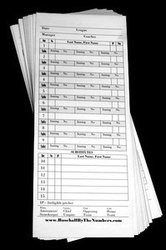 For those of you playing along at home, the Federal Communication Commission’s 700 MHz spectrum bidding reached an important milestone today: The FCC received a bid of $4.71 billion, surpassing the $4.68 billion minimum and setting in motion events that could have profound changes on the U.S. wireless industry.
For those of you playing along at home, the Federal Communication Commission’s 700 MHz spectrum bidding reached an important milestone today: The FCC received a bid of $4.71 billion, surpassing the $4.68 billion minimum and setting in motion events that could have profound changes on the U.S. wireless industry.
With the minimum now achieved, the winner must abide by the “open access” rules the FCC agreed to last summer, meaning that the winner will have to allow consumers to use any handset or software application on the spectrum purchased.
Funny, but no one is celebrating in the streets outside.
Anyway, who made the $4.71 billion bid remains a mystery. There’s plenty of speculation all over the Web (here, here, here), but Saul Hansell of The New York Times seems to have the best grasp of what’s going on. Suffice to say, early analysis has Verizon, the No. 2 U.S. carrier, and newcomer Google punching it out for the coveted C Block, with No.1 carrier AT&T in the mix somewhere.
Without full media access, the 700 MHz spectrum auction is a game of pure speculation because the participants — and for our purpose that’s Google, Verizon, and AT&T — cannot talk about their bids until the auction is over, whenever that will be.
Suffice to say, by reaching the open access milestone, a new market has just been launched. For those scoring at home, put a “W” next to consumers, handset manufacturers, and third-party software developers and a ? next to Google, Verizon, and AT&T.
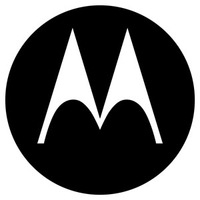 Looks like the rumors and back-room talk about Motorola are true: The company is looking to spin off (or “strategically realign”) its Mobile Devices business, or sell it outright.
Looks like the rumors and back-room talk about Motorola are true: The company is looking to spin off (or “strategically realign”) its Mobile Devices business, or sell it outright. E-retail giant Amazon,
E-retail giant Amazon,  It’s only a pair of rumors. One old. One new.
It’s only a pair of rumors. One old. One new.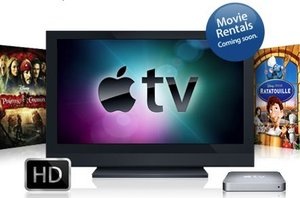 Bummer, dude.
Bummer, dude. Following
Following 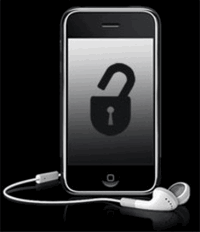
 Watching the Qtrax PR fiasco unfold over the last few days (“we have all four majors on board, err, no we don’t”, “we’ve launched, err, no we haven’t”) provided a great lesson in what not to do when launching a new product i.e. lie to reporters. However, a ton of questions remain unanswered, not least of which being: is a free and legal music download service on the scale of Qtrax too good to be true?
Watching the Qtrax PR fiasco unfold over the last few days (“we have all four majors on board, err, no we don’t”, “we’ve launched, err, no we haven’t”) provided a great lesson in what not to do when launching a new product i.e. lie to reporters. However, a ton of questions remain unanswered, not least of which being: is a free and legal music download service on the scale of Qtrax too good to be true?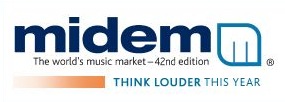 U2’s longtime manager Paul McGuinness, a man highly respected in the recording industry, got his speech today at Midem
U2’s longtime manager Paul McGuinness, a man highly respected in the recording industry, got his speech today at Midem  A new on-demand Internet TV service,
A new on-demand Internet TV service,